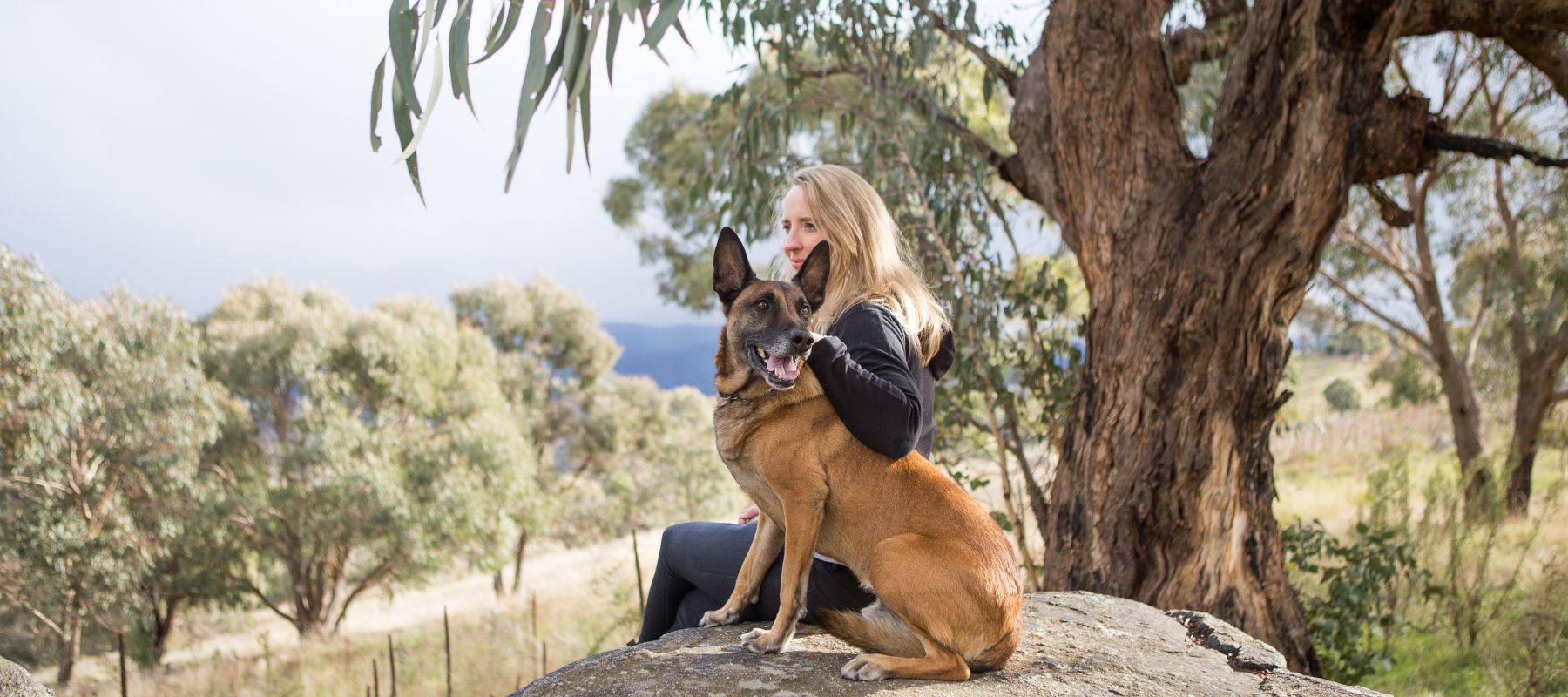When I started Feed For Thought, I wanted to make better dog food, food that nourishes our pets without costing the Earth.
Here’s what most people miss: animal agriculture produces about 14.5% of all human-caused greenhouse gas emissions (FAO, 2013). That is more than all the world’s cars, planes, and ships combined.
Pet food accounts for up to 30% of the environmental impact of meat production (Okin, 2017). The meat we feed our pets adds millions of tonnes of carbon dioxide to the atmosphere every year. If our pets were a country, their food consumption would make them one of the top greenhouse gas emitters on Earth.
So the question became simple: how can we love our dogs, feed them well, and still protect the planet they play on?
Why We Chose Insects (and Why It Matters)
The answer is surprisingly small: insects.
Our Australian-grown black soldier fly larvae protein is a sustainable, low-impact powerhouse of nutrition. It uses resources efficiently, transforms food waste into valuable protein, and produces almost no methane. Compared to conventional meat proteins, the difference is staggering:
-
Uses local food waste that would otherwise go to landfill
-
Requires up to 80 times less water than beef or chicken
-
Produces up to 75 percent fewer greenhouse gases
-
Needs 90 percent less land to grow the same amount of protein
Every batch of Feed For Thought’s insect protein dog food is made in Australia. It is clean, traceable, and circular, turning what we throw away into what our dogs truly thrive on.
The result is a sustainable dog food that supports local growers, reduces emissions, and keeps your dog healthy from the inside out.
Nutrition Without Compromise
Choosing sustainability should never mean compromising on your dog’s health. Insect protein is rich in all ten essential amino acids dogs need, as well as healthy fats, vitamins, and minerals.
Studies show that black soldier fly larvae are highly digestible and provide quality protein comparable to chicken or beef (Bosch et al., 2022). They also contain lauric acid, which supports immune health, and chitin, a natural prebiotic that promotes gut health (DVM360, 2024).
That means you are not just lowering your dog’s carbon pawprint. You are improving their digestion, skin health, and energy at the same time.
Why Sustainability in Pet Food Matters
Pet ownership is one of life’s greatest joys, but it comes with responsibility. If we want our dogs and our children to enjoy clean air, thriving ecosystems, and healthy oceans, we need to rethink how we feed our pets.
Traditional meat production consumes huge amounts of water and feed. Some (not all) farms also exacerbate deforestation, soil degradation, and biodiversity loss. By contrast, sustainable insect protein dog food recycles nutrients, reduces waste, and supports a circular food economy.
For dog owners who value both health and sustainability, every purchase becomes a small act of environmental care. Together, those small acts add up to meaningful change.
Your Choice Makes a Difference
Every time you choose insect protein, you lower your dog’s carbon pawprint without sacrificing nutrition or joy.
Feed For Thought is an Australian made dog food brand built on a simple mission: to make dog food that is better for dogs and better for the planet.
We are proud to be part of a growing movement toward ethical, eco friendly dog food. By choosing sustainably made products, you are showing that care for the planet and love for your dog can go hand in hand.
Thank you for standing with us. We could not do it without you.
Alison Gordon, Founder and CEO, Feed For Thought
References
-
FAO (2013). Tackling Climate Change Through Livestock: A Global Assessment of Emissions and Mitigation Opportunities. Food and Agriculture Organization of the United Nations.
-
Okin, G. (2017). Environmental impacts of food consumption by dogs and cats. PLOS ONE 12(8): e0181301.
-
Bosch, G., et al. (2022). Nutritional evaluation of insect proteins for dogs and cats. Journal of Animal Science.
-
DVM360 (2024). The Buzz on Insect-Based Diets: A New Hypoallergenic Protein Source.
